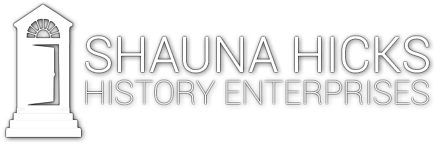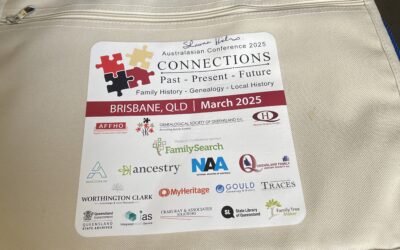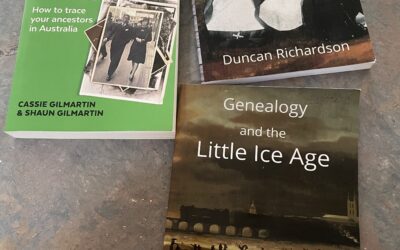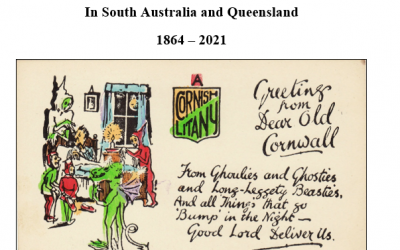The ASA‘s conference was held in Canberra on 15-18 October 2013 and it was great to catch up with old friends and colleagues. The networking opportunity is what makes a conference really good for me but of course, the program has to be interesting too. With a theme of Archives The Future it’s not surprising that there were a number of sessions examining where we might all be in 2033. Considering how much has changed in the last 20 years, there will probably be just as much if not more change.
Special interest group meetings were held in the morning on 15 October and the Loris Williams Memorial Lecture was in the afternoon followed by the AGM. The Welcome Reception and the Mander Jones Awards were held in the early evening of that day. The venue was the National Film and Sound Archive and it was good to visit there again. The outdoor reception was a little chilly but the catering was excellent.
Day 2 was at the main conference venue which was the Museum of Australian Democracy which is in the Old Parliament House building. This is a beautiful old building and a great place for a conference. After the Welcome to Country and the ASA President’s Address it was straight down to serious discussions with a round table of the heads of archival institutions. On the panel were David Fricker from National Archives of Australia, Greg Goulding from Archives New Zealand and Michael Loebenstein from the National Film and Sound Archive. An interesting question time followed.
After morning tea there were two streams with Stream A looking at technology and social and business trends in the next 10-20 years and Stream B looking at access and freedom of information, beyond 20 year rules, whistleblowing and wikileaks. I went to the technology session and found Antony Funnell‘s talk stimulating and I will have to get a copy of his book The Future and #Unrelated Nonsense from the library although Booktopia has it with a discount of 49% at the time of writing (cheaper than the ebook).
After an excellent lunch the technology stream continued by examining the impact of technology on archival programs and Stream B looked at privacy and changing social attitudes and new ways of managing privacy requirements. Again I went to the technology stream and really liked the talk given by Leisa Gibbons from Monash University. I’ll never be able to look at You Tube in quite the same way again.
Afternoon tea was plentiful and delicious and the Stream A examined appraisal and shifting the paradigm while the second looked at the possibilities and impacts of mergers in Australia and overseas. This was the session I attended and it was interesting and the most well known example in Australia to date was the merger of the Archives Office of Tasmania with the State Library heritage section to form the Tasmanian Archive and Heritage Office.
Then it was a short walk to the beautiful Albert Hall for those who were attending the launch of Dr Ted Ling’s new book, Government Records About the Australian Capital Territory: A Research Guide. I purchased a signed copy as it is a comprehensive guide for all records in this geographic region of Australia and should be quite useful.
Day 3 again had two streams until the final plenary of the day. Stream A was on resilient cultures and the archive and I went to Stream B on legislation and archival legal frameworks for the digital future. Another interesting session with lots of questions from the floor. The other two sessions in Stream A were education and the archivist and requirements in the digital age and managing non-government and private records in a national framework. I didn’t go to either as I went to the two sessions on the archives profession and its voice and visibility within Australia and of course the ASA itself. Having been a member of the ASA for 25 years I had heard a lot of this discussion before at other conferences so it will be interesting to see if the ASA does continue to move forward after this conference which looked so steadily to the future.
These sessions took us through lunch and up to afternoon tea and the final plenary. This session really encapsulated the whole program with its theme of the future of archives and archivists and how they can remain relevant in an era of commercialisation and digitisation. Brad Argent from Ancestry put forward some challenging ideas including that in the future archives will be a commercial product, with a seamless interface that satisfies user demand for quick one stop access in an online digital world and with archivists having limited roles. Another thought provoking idea was that archivists are handing over unique and valuable content from the archives and only receiving (wanting) a digital copy in return while companies like Ancestry gain profile and revenue dollars and archivists slip further from public view.
To end the conference there was a brief look at next year’s joint conference with ARANZ in Christchurch, New Zealand and Michael Piggott did an interesting exercise moving through the alphabet A-Z with members of the audience suggesting words to form a word cloud.
Well known Adelaide Archivist Jenny Scott took many photos of the conference and these can be seen on Flickr here.
The principal conference sponsor was Ancestry.com.au with other sponsors Charles Sturt University, Monash University, National Archives of Australia, National Library of Australia, Gale Cengage Learning, Inside History Magazine and the National Film and Sound Archive. There wasn’t the usual exhibitors area but Ancestry, Gale and Charles Sturt University had tables and people to talk to on both days of the main conference.
The conference was a sell out success and I don’t think the organisers could have fitted another person into the room. It was extremely well organised with sessions running to time, several areas set aside for morning and afternoon teas and lunch and the catering was superb and plentiful. Together with the interesting program and early evening events I would have to say one of the best conferences I’ve attended in recent years. Well done to the entire conference committee who were visible, helpful and busy throughout the conference.
I also have some of the social and touristy news in my Diary of an Australian Genealogist blog.





0 Comments